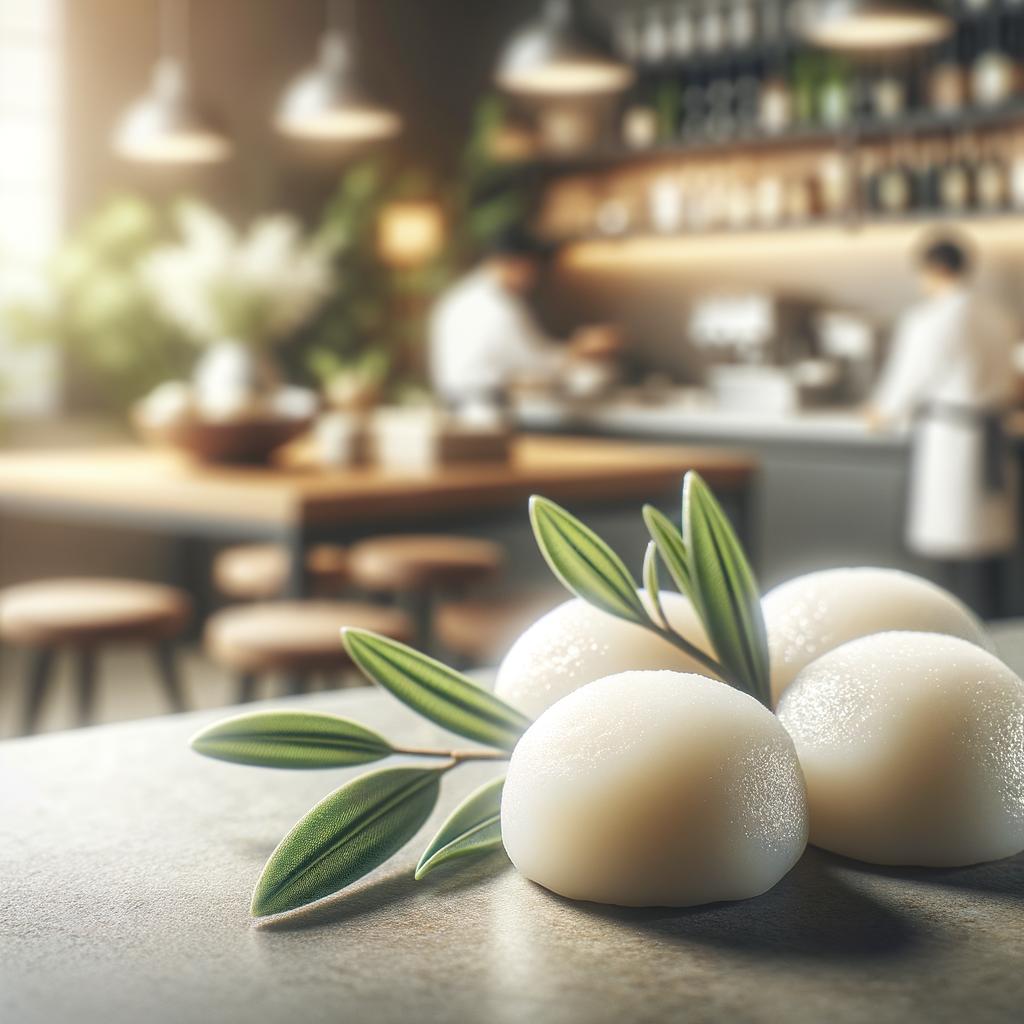Mochi Rice Cakes

Description
Mochi rice cakes, a heavenly delight, are an integral part of the Japanese culinary landscape. These small, round, and smooth cakes are made from glutinous rice, which gives them a unique chewy and elastic texture. The flavor of mochi itself is subtly sweet, but it becomes a canvas for a variety of fillings and toppings that can range from sweet red bean paste to fresh fruits. The beauty of mochi lies in its simplicity and its versatility. Its unique texture sets it apart from other types of rice cakes, as it can be both satisfyingly chewy and delicately soft.
Primary Uses
Mochi rice cakes are a versatile ingredient that can be used in a plethora of dishes and cuisines. They are most commonly found in Japanese desserts, served with a dusting of kinako (roasted soybean flour) or as a wrapper for sweet fillings in treats like Daifuku. Mochi can also be enjoyed in savory dishes, grilled until puffed and golden, and served with soy sauce and nori seaweed, a dish known as Yaki Mochi. Beyond the culinary world, mochi holds cultural significance in Japan, particularly during New Year celebrations where a special type of mochi, Kagami Mochi, is used as a decorative item.
History
The history of mochi rice cakes dates back to the Yayoi period (300 BC to 300 AD) in Japan, where it was considered a food for the gods and used in religious offerings. The process of making mochi, known as "mochitsuki," involves a traditional method of pounding the rice with wooden mallets in a ceremony that's as much about community as it is about food. Over time, mochi has become a symbol of good fortune and happy marriages, and it's often served at Japanese weddings. There's also a charming legend that a rabbit on the moon makes mochi, a story told to children during the autumn moon viewing festival.
Nutritional Information
Mochi is a good source of carbohydrates, providing a slow release of energy. It also contains small amounts of protein and is low in fat. Compared to other rice cakes, mochi has a higher calorie content due to the type of rice used and its dense, chewy texture. However, it's also more filling and satisfying. Mochi is gluten-free, making it a suitable choice for those with gluten intolerance or celiac disease. As with any food, moderation is key, and it's important to enjoy mochi as part of a varied and balanced diet.

